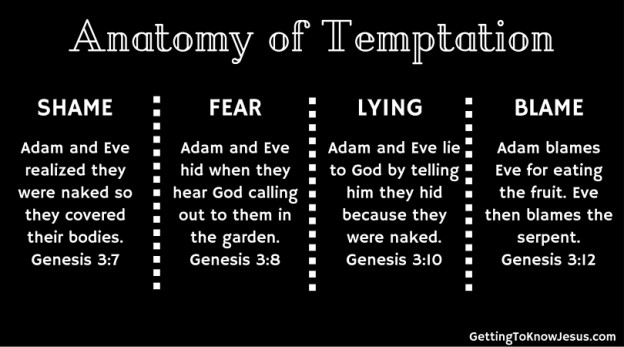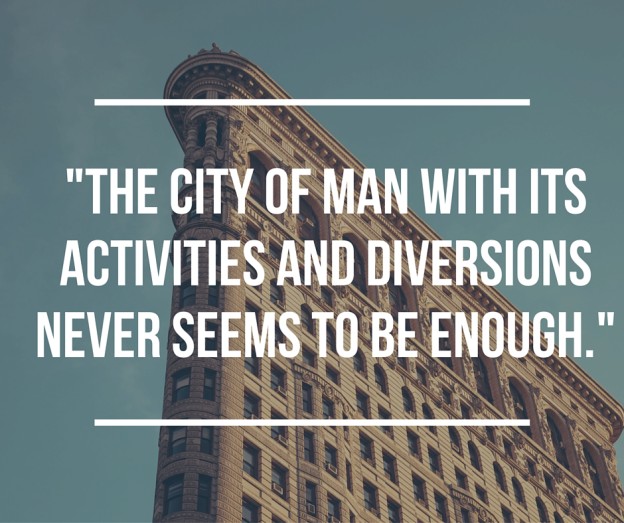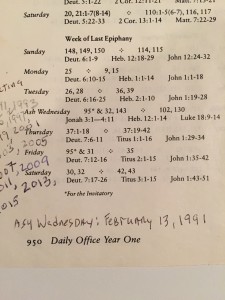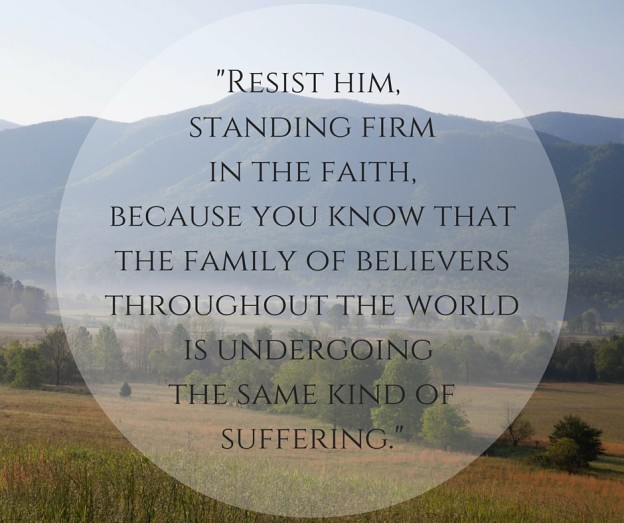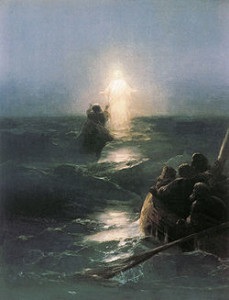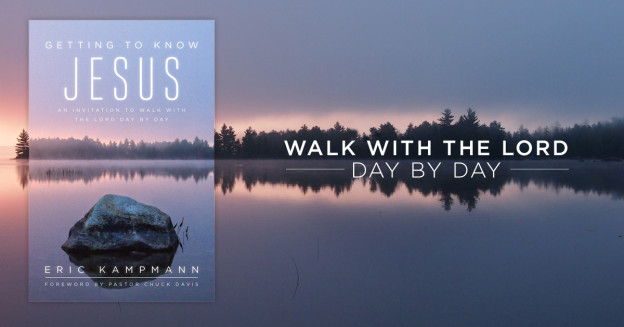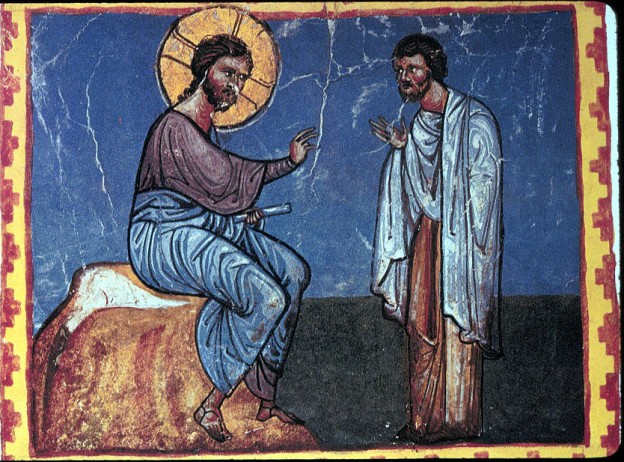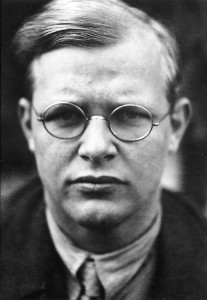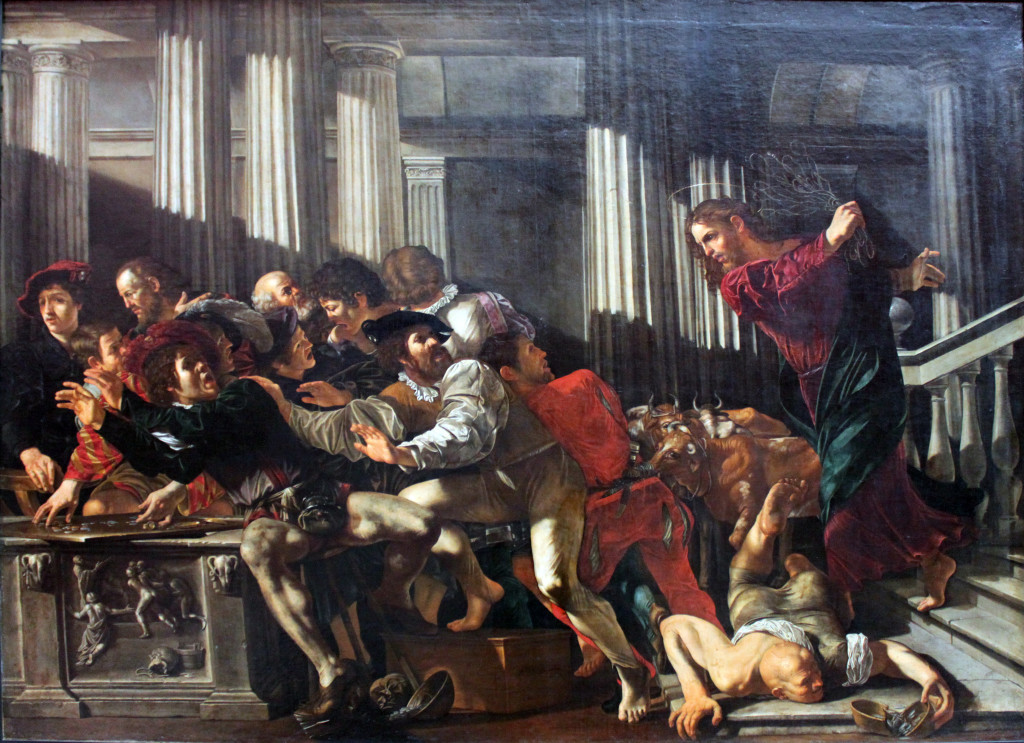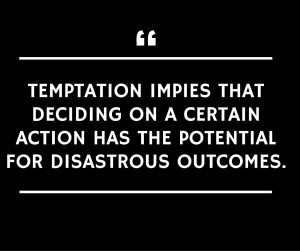 Choices. We face hundreds of them every day. Managing the process through learned behavior and subconscious habits, we fail to acknowledge the implications of our choices. When faced with a decision where we pause and earnestly consider each path before making a choice; that is the moment where we are most susceptible to temptation. Temptation implies that deciding on a certain course of action has the potential for disastrous outcomes. Being tempted means that you know the right way but are overpowered by a yearning to do something that strays from that path towards a dangerous place. Then there is the problem of not making a choice at all; deferring choice is still a decision. All decisions have consequences.
Choices. We face hundreds of them every day. Managing the process through learned behavior and subconscious habits, we fail to acknowledge the implications of our choices. When faced with a decision where we pause and earnestly consider each path before making a choice; that is the moment where we are most susceptible to temptation. Temptation implies that deciding on a certain course of action has the potential for disastrous outcomes. Being tempted means that you know the right way but are overpowered by a yearning to do something that strays from that path towards a dangerous place. Then there is the problem of not making a choice at all; deferring choice is still a decision. All decisions have consequences.
The anatomy of temptation and its consequences are perfectly described in the story of Adam and Eve in the Garden of Eden. They have been told not to eat of the fruit of the Tree of the Knowledge of Good and Evil, but they chose to disregard the prohibition. What happened next?
The first response is self-consciousness and shame; Adam and Eve suddenly realize they are naked and so they cover their bodies. The second is fear; they hide when they hear God calling out to them in the garden. Then they lie when they tell God that they hid because they were naked. Finally, they begin to blame others for their actions. Adam’s response to God’s question is masterful: “The woman you put here with me-she gave me some fruit from the tree and I ate it” (Genesis 3:12). And not to be outdone, Eve blames the serpent for her choice.
Solomon, the son of King David, is credited as being of a man of profound wisdom. But even Solomon knew that without God’s help, he would be as susceptible as any other man to making poor choices. When God tells Solomon to request anything of Him, Solomon answers wisely: “Your servant is here among the people you have chosen, a great people, too numerous to count or number. So give your servant a discerning heart to govern your people and to distinguish between right and wrong” (1Kings 3:8-9).
As Solomon demonstrates, wisdom is the ability to discern between right and wrong. The outward and inward signs can often be ambiguous. We need discernment to choose the good path, resisting temptation to go the other way. “This is what the Lord says: ‘Stand at the crossroads and look; ask for the ancient paths, ask where the good way is, and walk in it, and you will have find rest for your souls’” (Jeremiah 6:16).
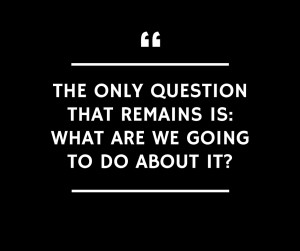 So here is a test. Take an inventory of your actions after you have permitted temptation to win. Do you feel like you want to hide? Are you experiencing shame and fear? Do you feel the need to lie to others or blame another for your actions? Maybe you knew the right thing to do from the beginning, but you were tempted to go the other way and you went. We have all experienced feelings of remorse and even despair when we have done what is wrong. The only question that remains is: What are we going to do about it?
So here is a test. Take an inventory of your actions after you have permitted temptation to win. Do you feel like you want to hide? Are you experiencing shame and fear? Do you feel the need to lie to others or blame another for your actions? Maybe you knew the right thing to do from the beginning, but you were tempted to go the other way and you went. We have all experienced feelings of remorse and even despair when we have done what is wrong. The only question that remains is: What are we going to do about it?
